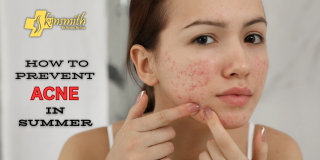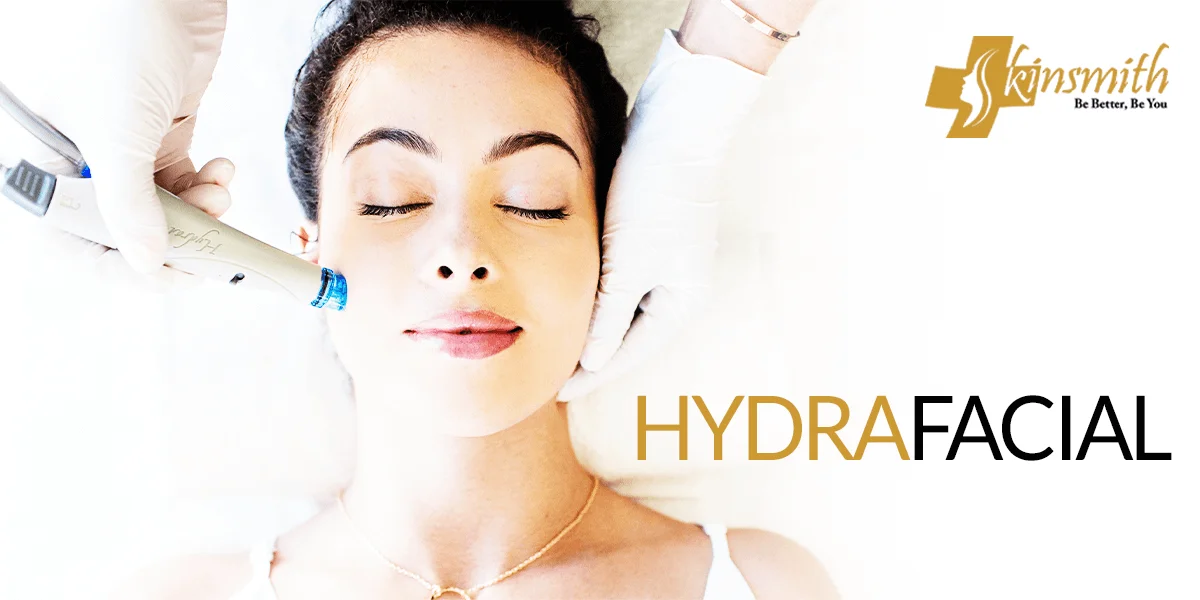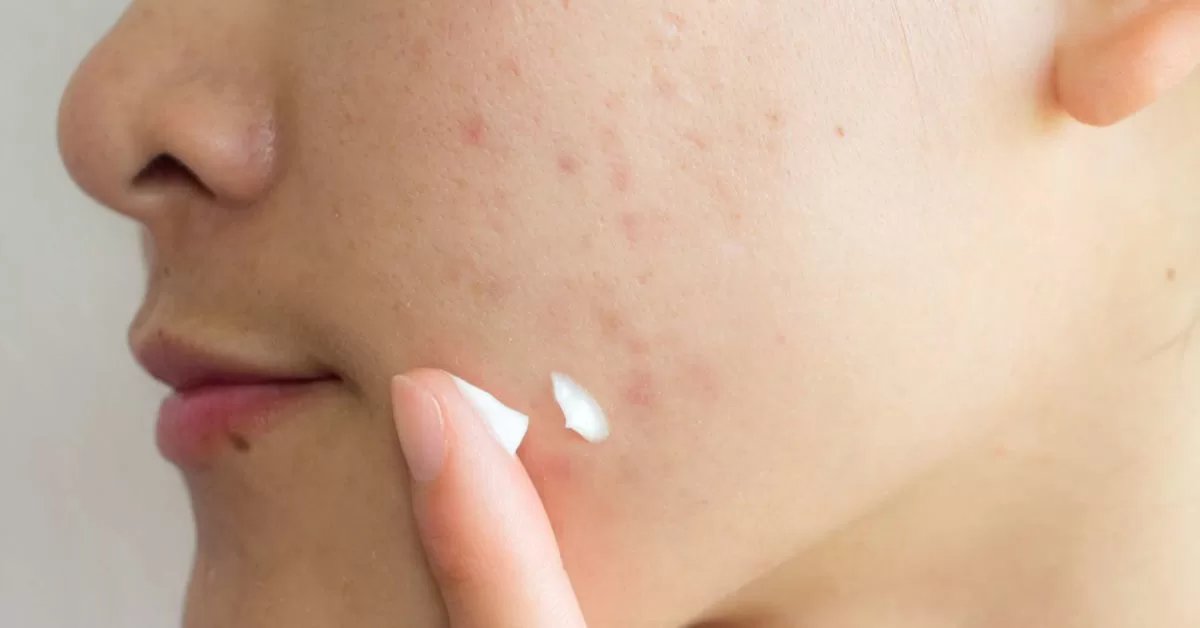Introduction
Summer is a time for fun in the sun, but for many, it can also bring unwanted acne breakouts. The heat, humidity, and increased sweating can wreak havoc on your skin, leading to clogged pores and pimples. However, with the right knowledge and a few simple adjustments to your skincare routine, you can enjoy clear, healthy skin all summer long. In this guide, we’ll explore effective strategies on how to prevent acne in summers, covering everything from skincare tips to lifestyle changes.
Understanding Summer Acne
What Causes Acne in Summers?
Acne can worsen in the summer due to several factors. The primary culprits are increased sweating, the use of sunscreen, and exposure to environmental pollutants. These elements can clog pores, leading to breakouts. Additionally, higher temperatures can increase oil production, exacerbating the problem.
The Role of Sweat and Humidity
Sweat and humidity create a perfect environment for bacteria to thrive. When sweat mixes with oils and dead skin cells, it can clog pores and cause acne. Understanding this mechanism is crucial for preventing summer acne.
Effective Skincare Routine for Summer
Choosing the Right Cleanser
Selecting a gentle, non-comedogenic cleanser is essential. Look for products that contain salicylic acid or benzoyl peroxide, which can help prevent acne by keeping pores clear and reducing bacteria.
Importance of Exfoliation
Regular exfoliation helps remove dead skin cells and prevents them from clogging pores. Use a mild exfoliant 2-3 times a week to maintain smooth and clear skin.
Hydrating Moisturizers
Opt for oil-free, lightweight moisturizers that hydrate without clogging pores. Hydration is key, even in summer, to maintain the skin’s natural barrier.
Sunscreen: Friend or Foe?
Sunscreen is vital for protecting your skin from harmful UV rays, but some formulations can cause breakouts. Choose a non-comedogenic sunscreen to protect your skin without clogging pores.
Dietary Adjustments for Clear Skin
Foods to Include
Incorporate foods rich in antioxidants, such as fruits and vegetables, which can help fight inflammation and support skin health. Omega-3 fatty acids, found in fish and flaxseeds, are also beneficial for reducing acne.
Foods to Avoid
Limit your intake of dairy and high-glycemic foods, as they have been linked to acne breakouts. Sugary snacks and refined carbohydrates can spike insulin levels, leading to increased oil production and acne.
Lifestyle Changes to Prevent Acne
Stay Hydrated
Drinking plenty of water helps flush out toxins and keeps your skin hydrated from the inside out. Aim for at least 8 glasses of water a day.
Manage Stress
Stress can trigger acne by increasing oil production and inflammation. Incorporate stress-relieving activities like yoga, meditation, or regular exercise into your routine.
Avoid Touching Your Face
Touching your face can transfer bacteria and oils from your hands to your skin, leading to breakouts. Make a conscious effort to keep your hands away from your face.
Effective Treatments for Summer Acne
Over-the-Counter Solutions
Products containing benzoyl peroxide, salicylic acid, or alpha hydroxy acids (AHAs) can be effective for treating and preventing acne. Use these treatments as directed for the best results.
Prescription Medications
For severe acne, consult a dermatologist who can prescribe stronger medications, such as retinoids or antibiotics, to help clear your skin.
Natural Remedies
Tea tree oil, aloe vera, and green tea extract are natural remedies that have anti-inflammatory and antibacterial properties, which can help reduce acne.
Special Considerations for Different Skin Types
Oily Skin
If you have oily skin, choose mattifying products that help control shine and reduce oil production. Clay masks can also be beneficial for absorbing excess oil.
Dry Skin
For those with dry skin, it’s crucial to maintain hydration. Use gentle, hydrating cleansers and moisturizers to keep your skin balanced and avoid harsh products that can strip natural oils.
Combination Skin
Combination skin requires a tailored approach. Use different products for different areas of your face – a light moisturizer for oily areas and a richer one for dry patches.
FAQs
How often should I wash my face in summer?
Washing your face twice a day – once in the morning and once before bed – is generally sufficient. However, if you’ve been sweating a lot, an additional wash can help prevent clogged pores.
Can sunscreen cause acne?
Some sunscreens can clog pores and cause breakouts. Opt for a non-comedogenic formula specifically designed for acne-prone skin.
Is it okay to wear makeup in summer?
Yes, but choose non-comedogenic, lightweight makeup products. Always remove makeup thoroughly before bed to prevent clogged pores.
Can diet really affect my skin?
Yes, diet plays a significant role in skin health. Foods high in sugar and dairy can contribute to acne, while a diet rich in fruits, vegetables, and omega-3 fatty acids can help keep your skin clear.
What should I do if over-the-counter treatments don’t work?
If OTC treatments are not effective, consult a dermatologist. They can prescribe stronger medications and provide personalized advice based on your skin type and condition.
How can I manage acne scars?
Treatments like chemical peels, microdermabrasion, and laser therapy can help reduce the appearance of acne scars. Consult a dermatologist for the best options for your skin.
Conclusion
Preventing acne in the summer requires a combination of proper skincare, a healthy diet, and lifestyle adjustments. By understanding the causes of summer acne and implementing these strategies, you can enjoy clear, radiant skin all season long. Remember, consistency is key – stick to your routine and be patient with your skin.



